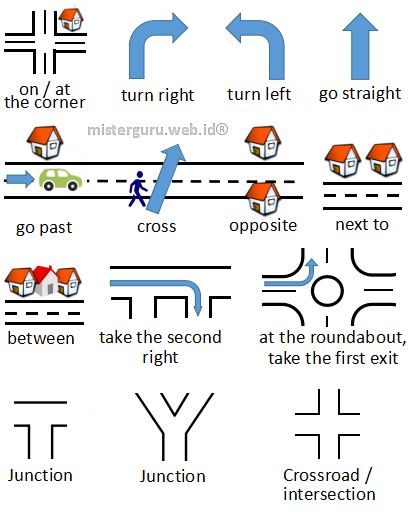What's in this post?
- A. Asking about Feelings / Thoughts
- B. Expressing wonder / curiosity
- C. Expressing Love
- D. Expressing Sadness
- E. Being Sympathetic to Less Serious News
- F. Being Sympathetic to Very Sad News
- G. Expressing Condolence
- H. Cheering someone up
- I. Expressing Embarrassment
- J. Expressing Anger
- K. Calming someone down
A. Asking about Feelings / Thoughts
- How do you feel about it?
- What do you have in mind?
- What are you thinking about?
- Do you have something on your mind?
- What are you looking so serious about?
- Is something bothering you?
- Are you worried about something?
B. Expressing wonder / curiosity
- I wonder what it really is.
- I was just wondering how to do it.
- I wonder why he could do such thing to her
- I wonder if she likes studying here.
- I wonder at her directness.
C. Expressing Love
- I love you.
- I really love you and I always will.
- I truly love you endlessly.
- I’ll never stop loving you.
- My love will never cease till the end of time.
- There’s nothing that compares with my love for you.
- Words can never describe my love for you.
- Words fail to convey how much I love you.
D. Expressing Sadness
- I’m so sad I don’t know what to do.
- Please leave me alone.
- I’m very sad to see / hear that.
- My heart is so burdened.
- I can’t describe my pain and sorrow.
- It has brought me a lot of misery.
- I regret having to do this.
E. Being Sympathetic to Less Serious News
- Oh no! What a pity!
- What a shame!
- What a nuisance!
- Poor you.
- How awful!
- How annoying!
- That’s life!
- Too bad!
- I hope it’s nothing serious.
F. Being Sympathetic to Very Sad News
- How awful!
- How terrible!
- I’m really sorry to hear that.
- That must’ve been awful!
G. Expressing Condolence
- We are thinking about you at this difficult time.
- My condolences in your bereavement.
- Please accept my heartfelt sympathies.
- I’d like to express my deepest condolences.
- I am so sorry for your loss.
- You have my deepest sympathy.
- I am so sorry that ..(a person).. has passed away. May your memories comfort you.
- May God comfort you.
- We are praying for you at this difficult time.
H. Cheering someone up
- I can see why you’re so sad ..., but ....
- Take it easy.
- Calm down.
- I don’t think it’s a big deal.
- Oh, you poor thing!
- Sorry about that.
I. Expressing Embarrassment
- It made me ashamed.
- I was very embarrassed / ashamed.
- How embarrassing / shameful!
- Tell me it never happened.
- What a shame!
- Shame on me!
Response
- I don’t think it’s a big deal.
- That’s all right.
- Forget it.
- Come on! It can’t be as bad as all that.
J. Expressing Anger
- I’ve never been so insulted in my life.
- I can’t take this anymore!
- This is extremely irritating!
- I’m very unhappy / displeased with ....
- What do you mean?
- You’ve made me angry.
- Why on earth did you do that?
- Are you trying to tell me that ...?
K. Calming someone down
- Calm down. I didn’t mean it.
- Relax. Take it easy.
- Don’t be so touchy.
- Don’t be angry with me.
- Temper, temper.
- Don’t let it bother you.
EXERCISE






